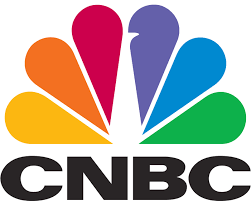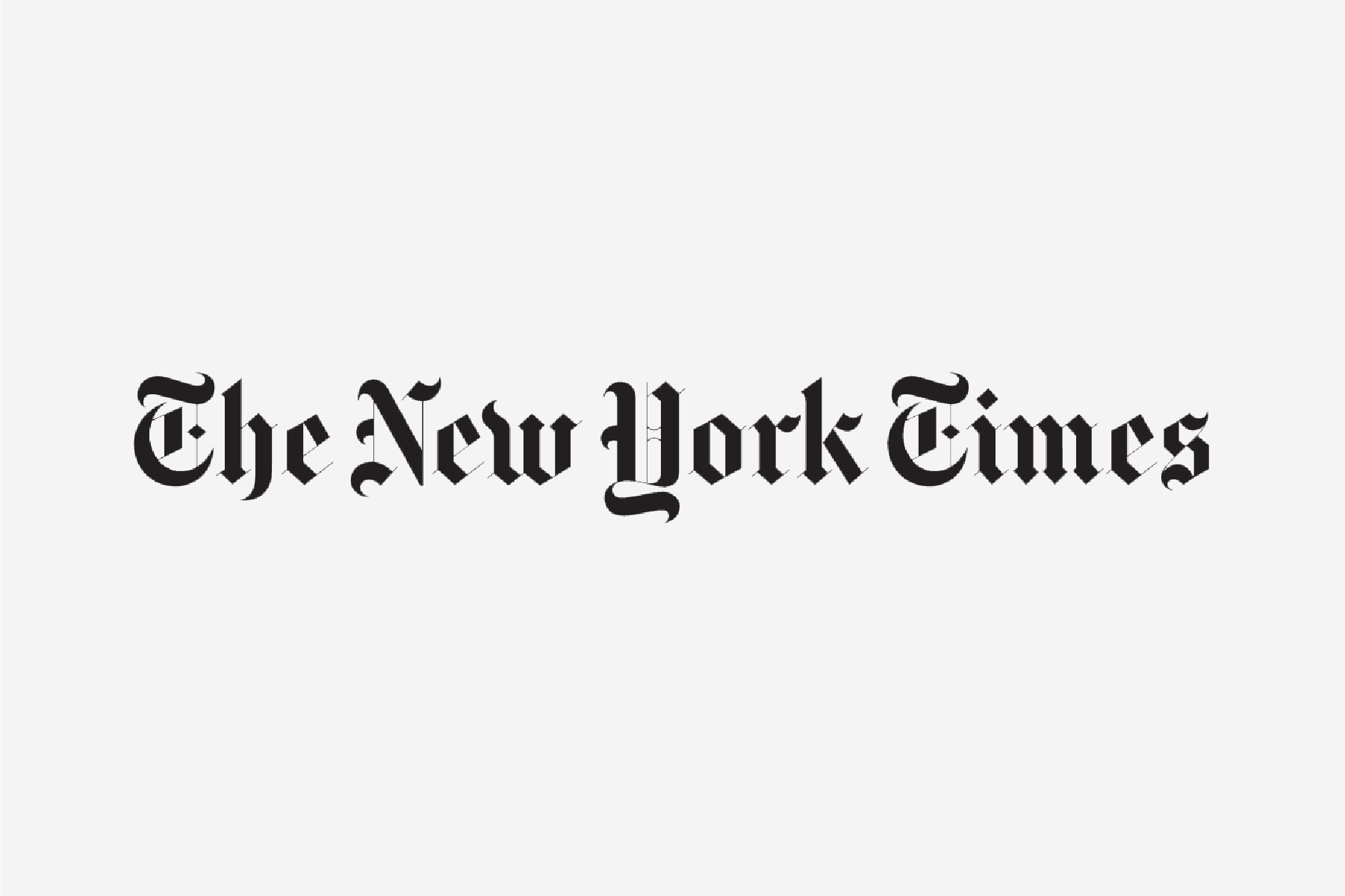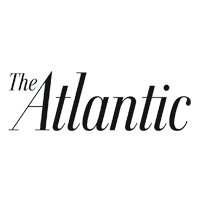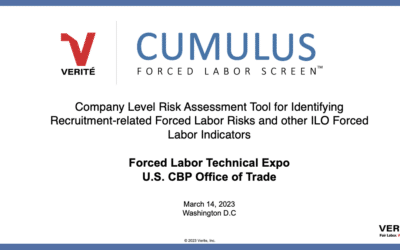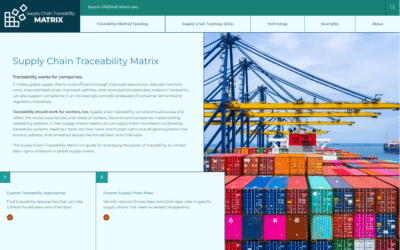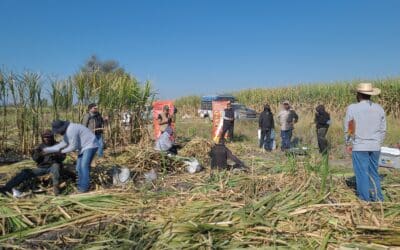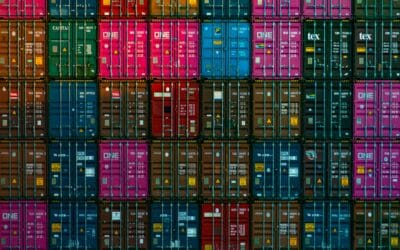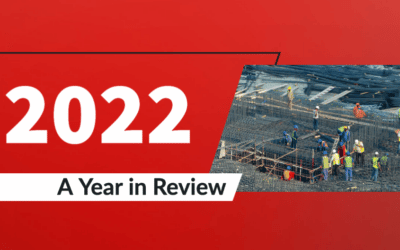Verité in the News
Read coverage of Verité’s work in The New York Times, The Atlantic, The Guardian, The Associated Press, The Los Angeles Times, and more.
CUMULUS at CBP Forced Labor Technical Expo
On March 14, 2023, Verité’s CUMULUS Forced Labor Screen™ platform was showcased at CBP’s Forced Labor Technical Expo at the International Trade Center in Washington, D.C. The two-day in-person and live-streamed event focused on technical solutions to supply chain mapping, risk assessment, and transparency to facilitate compliance with the U.S. ban on imported goods made in whole or in part using forced labor.
The Supply Chain Traceability Matrix
Do you have questions about traceability in supply chains? Are you interested in learning about how different traceability approaches can enhance due diligence goals? The STREAMS Supply Chain Traceability Matrix (the Matrix) seeks to address these questions and more. The Matrix will help users understand how to use traceability elements, methods, and technologies to design traceability systems that can address forced labor and child labor risks in diverse supply chains.
Training Session with Sugarcane Workers
As part of the SENDEROS Project’s services to the Tala supply chain in Jalisco, a training session with 16 sugarcane workers took place in the Ameca municipality. In Tala, sugarcane harvesters are mainly local residents. The training covered the Biological Risks (occupational safety and health) topic showcasing how to identify dangerous animals in the region and act in case of an attack. This module also included recommendations on the COVID-19 topic.
Publication of Living Income and Living Wage Study for the Colombian Coffee Sector
On March 27, 2023, Verité in partnership with the Anker Research Institute, published the “Living Income and Living Wage Report: Rural Areas and Small Towns of Central Colombia.” The study results provide a living wage and living income benchmark for a pilot project being carried out by Verité in Colombia under the U.S. Department of Labor-funded Cooperation On Fair Free Equitable Employment (COFFEE) Project.
Webinar: Traceability for Supply Chain Due Diligence and Sustainability in the Garment Sector
Save the date for Complimentary Webinar “Traceability for Supply Chain Due Diligence and Sustainability in the Garment Sector” on February 13th, 2023 at 12 PM – 1 PM (EST).
Webinar: Is Human Trafficking Hidden in Your Facilities Management Supply Chain
Save the date for Complimentary Webinar “Is Human Trafficking Hidden in Your Facilities Management Supply Chain?” on January 31st, 2023 at 10 AM – 11 AM (EST).
2022 A Year in Review
The end of the year provides a welcome opportunity to share a recap of some of Verité’s latest accomplishments. As is demonstrated by the selection of projects and accomplishments highlighted below, Verité’s work is characterized by deep knowledge and expertise across many issues and supply chains, and by our commitment to collaboration with a wide range of stakeholders, including governments, companies, unions, workers, producer organizations, civil society groups, and investors, among others.
Corruption, Recruitment, and Forced Labor E-Course
With support from Humanity United, Verité launched a new, free, interactive, e-learning course that explores how public corruption in the foreign worker recruitment process renders migrant workers vulnerable to debt bondage: “Nice Products: A Story of Corruption, Recruitment, and Forced Labor.”
Addressing Forced Labor Risk in West African Cocoa
In 2022, Verité continued its leadership role on the issue of forced labor in the West African cocoa industry, implementing trainings for cocoa suppliers on identifying and addressing forced labor, and supporting cocoa companies to develop response protocols to help them respond promptly and effectively when indicators of forced labor are found.
